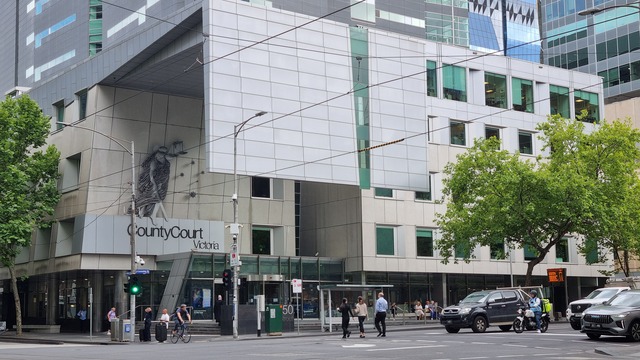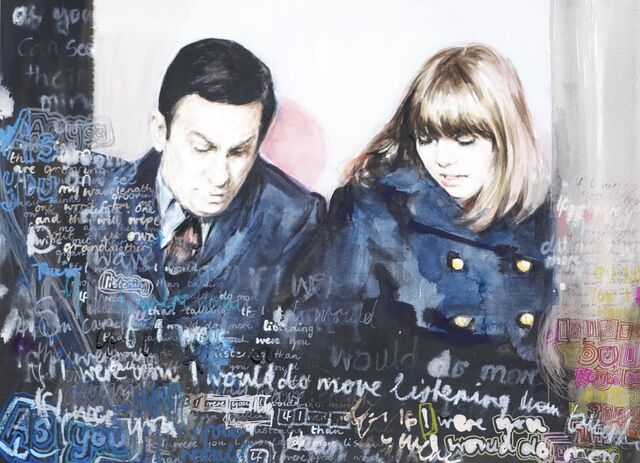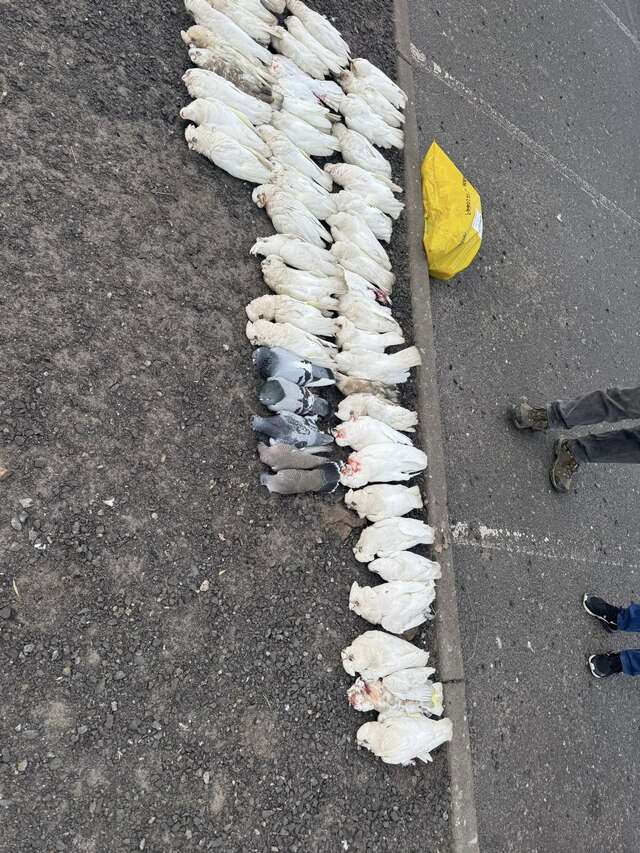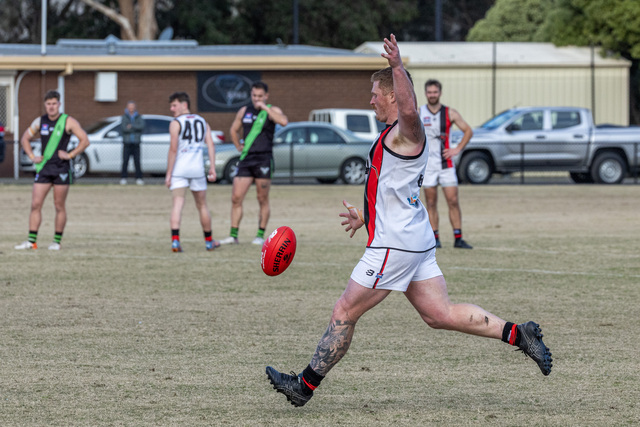Heart-wrenching and inspirational stories of refugees are told in a compelling book ‘Refugee Stories: In their own words,’ by Laurie Nowell.
The book includes hair-raising stories of refugee struggles, journeys of people who had to leave behind everything they had built throughout their lives and flee their country, and it reveals hopes and dreams for their future.
A journalist and a writer for 25 years, Mr Nowell said: “Many of the refugees who settle in Australia have experienced trauma, torture or the loss of loved ones. They bring with them memories, traditions, culture and history.
“They also bring with them hopes, dreams and ambitions for their children.
“They are, by definition, resilient and ingenious people who have overcome challenges and dangers just to get here.”
Amina’s story is just one of many.
After the takeover of the capital of Kabul, the world watched in disbelief as thousands of Afghans rushed to the city’s airport, most of them without any documents, in a desperate attempt to escape life under the Taliban rule. Amina and her three children were among them.
Like many, the family survived suicide bombing attacks, tear gas bombardment and human stampedes to make it to the safety of the airport terminal.
“It was very disheartening and difficult when the Taliban took over, everything fell apart very quickly,” Amina said.
“Everything we had hoped and dream of vanished. The Taliban were going door to door looking for people who had worked for western governments or military, and people with ties overseas.”
Amina showed documents that her husband Baqir was living in Australia as a citizen, and was able to get her family onto a military flight to freedom without an update from their visa application.
“We had no option but to leave, no matter how difficult it was. Life under the Taliban was impossible for us. As a woman I had no rights, I could not even go out shopping or do anything,” Amina said.
Her story’s happy denouement came two weeks ago when the family arrived in Australia and was reunited in emotional scenes in Melbourne after 12 long, painful years.
Their names have been changed to protect their identities over safety concerns for loved ones still in Afghanistan.
Amina’s son, Hussain, 19, said he and his sisters are desperate to start school.
He recalled how they missed out on school in Afghanistan.
“Many times we were told not to go to school. Most of the students were Hazara so it was a target and also it taught English. I was learning English because I was hoping to go to Australia,” he said.
The family is looking forward to a better future and education for their children and contributing to the Australian society.
“I have been away from my family for 12 years and now we are reunited and will remain so and build a new life together,” Baqir said.
That’s one of the many reunion stories of refugees here in Australia.
The book also celebrates the achievements of refugees, the hopes for the future and recognises the contribution of refugees to Australian society.
Refugees like Mustafa Ayobi and Barat Ali Batoor make a real contribution to the Australian society and its future.
Mr Ayobi fled his homeland, Afghanistan with his family and arrived in Australia in 2008. He’s an example of the thousands of refugees who’ve started from scratch, without knowing a single word of English.
It took Mr Ayobi 12 tough years to make his dream of being an electrical engineer come true.
Being the first person to attend University, Mr Ayobi graduated from La Trobe University and just four weeks ago landed himself a job with Melbourne’s Metro Trains to design and build electrical substations in what he calls his “dream job”.
“I wanted to become an engineer to help make things better and be part of the country’s future development, especially in technological aspects,” Mr Ayobi said.
He’s married with two children and loves his job despite the 50km drive from Noble Park to West Sunshine.
Barat Ali Batoor is a professional freelance photographer from Afghanistan and a former refugee. He made his way to Australia by boat and arrived in 2013 and has been making a living for himself here in Australia as the program coordinator at Asylum Seeker Resource Centre.
The Afghan filmmaker and photojournalist also won the 2013 ‘Photo of the Year’ in the prestigious Nikon-Walkley Press Photography awards for his still image taken on the voyage from Indonesia to Australia.
“I’m pleased to have been able to show the real story behind these journeys – to show how people are risking their lives and enduring perils to escape persecution and the threat of death in their home countries,” Mr Batoor said.
Mr Nowell, the book’s author, has long worked as a media adviser with refugee settlement agency AMES Australia.
AMES chief executive Cath Scarth said the book was a reminder of the contributions refugees made to Australia.
“Refugees bring with them resilience, optimism and a deep work ethic. Australia is fortunate to have people with these qualities,” Ms Scarth said.







